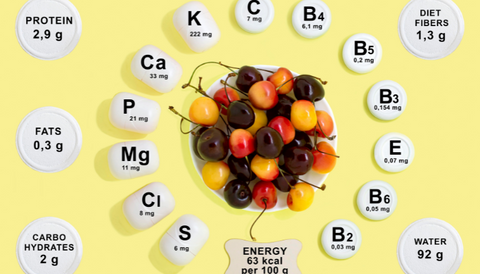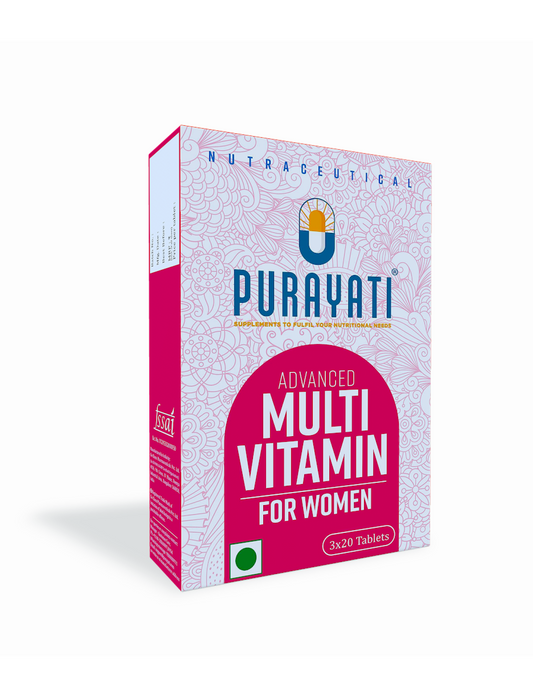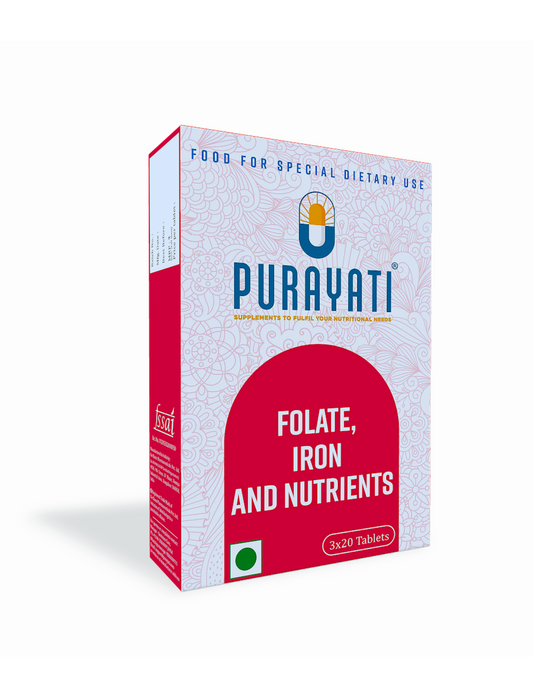In today's ever-changing world, maintaining a healthy and balanced diet can be challenging. While we strive to consume nutritious foods, our bodies may still lack essential vitamins and minerals. This is where vitamin and mineral supplements come into play. These supplements provide a convenient and readily available source of nutrients that can help bridge the gaps in our diets and support overall well-being.
Multivitamins: A Multitude of Essential Nutrients
Multivitamins, as the name suggests, contain a combination of various vitamins and minerals, offering a comprehensive approach to nutrient supplementation. They provide a wide range of essential nutrients in a single capsule, making them a convenient choice for those seeking overall nutritional support.
Vitamin A: Essential for Vision and Immune Function
Vitamin A plays a crucial role in maintaining healthy vision, supporting immune function, and promoting cell growth. It is also involved in the production of retinol, a pigment that helps us see in low light. Vitamin A deficiency can lead to night blindness and other vision problems.
Vitamin B: A Family of Essential Vitamins
The vitamin B complex comprises a group of B vitamins, each with distinct roles in various bodily functions. These vitamins are involved in energy production, red blood cell formation, nervous system function, and DNA synthesis. Vitamin B deficiency can lead to a variety of symptoms, including fatigue, anemia, and nerve damage.
Vitamin B12: Essential for Nerve Function and DNA Synthesis
Vitamin B12 is crucial for nerve function, DNA synthesis, and red blood cell formation. Vitamin B12 deficiency can lead to anemia, fatigue, and nerve damage. Vitamin B12 supplements are especially important for individuals with certain medical conditions that affect vitamin B12 absorption, such as those with pernicious anemia.
Vitamin C: A Powerful Antioxidant
Vitamin C, a potent antioxidant, is vital for immune function, collagen production, and wound healing. Vitamin C deficiency, though rare, can lead to scurvy, a condition characterized by fatigue, bruising, and bleeding gums. Vitamin C supplements can prevent scurvy and enhance immune function.
Vitamin D: The Sunshine Vitamin
Vitamin D plays a crucial role in maintaining bone health, boosting immune function, and regulating mood. While our bodies can produce vitamin D from sun exposure, factors like limited sun exposure and increased use of sunscreen can lead to deficiencies. Vitamin D supplements can help ensure adequate levels of this essential nutrient.
Vitamin D3: The Active Form of Vitamin D
Vitamin D3 is the form of vitamin D that our bodies produce when exposed to sunlight. It is also found in some foods, such as fatty fish and fortified dairy products. Vitamin D3 supplements are a more potent form of vitamin D than vitamin D2, which is derived from plant sources.
Vitamin E: A Protective Antioxidant
Vitamin E is another potent antioxidant that helps protect cells from damage caused by free radicals. It also plays a role in immune function and blood clot formation. Vitamin E deficiency is rare, but it can lead to nerve problems, muscle weakness, and vision problems.
Vitamin K2: A Partner for Strong Bones
Vitamin K2, like vitamin D, plays a crucial role in bone health. It helps transport calcium to bones, ensuring proper bone mineralization and reducing the risk of fractures. Vitamin K2 supplements can complement the effects of vitamin D and support bone health.
Biotin: A B Vitamin for Hair, Skin, and Nails
Biotin, a B vitamin, is involved in energy production, metabolism, and maintaining healthy hair, skin, and nails. Biotin deficiency is uncommon but can occur in individuals with certain medical conditions or those taking specific medications. Biotin supplements can help address biotin deficiency and promote healthy growth and appearance.
Click here to know more about 6 methods to Reduce the Hairfall issues at Home
Folic Acid: Essential for Prenatal Health
Folic acid, a B vitamin, is crucial for preventing neural tube defects in developing fetuses. Women of childbearing age and pregnant women should ensure adequate folic acid intake to protect their unborn babies. Folic acid supplements can help meet the increased demands of pregnancy.
Iron: Essential for Oxygen Transport
Iron is a crucial mineral that plays a vital role in oxygen transport throughout the body. It is also involved in energy production and DNA synthesis. Iron deficiency can lead to anemia, characterized by fatigue, pale skin, and shortness of breath.
Calcium: The Building Block for Strong Bones
Calcium is the most abundant mineral in the body and is essential for maintaining strong bones and teeth. Calcium deficiency can lead to osteoporosis, a condition characterized by weak and brittle bones. Calcium supplements can help ensure adequate calcium intake, especially for individuals with increased calcium needs, such as postmenopausal women.
Click Here to know more about when you should take calcium supplement
Omega-3 Supplement: A Heart-Healthy Nutrient
Omega-3 fatty acids, found in fatty fish like salmon and mackerel, are essential for heart health, brain function, and eye health. Omega-3 supplements can provide a concentrated source of these beneficial fatty acids, especially for individuals who do not consume enough fatty fish in their diets.
Vitamin K2 MK-7 and D3: A Synergistic Duo for Bone Health
Vitamin K2 MK-7 and vitamin D3 work together to promote bone health. Vitamin K2 MK-7 helps transport calcium to bones, while vitamin D3 enhances calcium absorption. Combining vitamin K2 MK-7 and vitamin D3 supplements can optimize bone health and reduce the risk of osteoporosis.
Choosing the Right Supplements
With a wide array of vitamin and mineral supplements available, selecting the right ones can be overwhelming. It is essential to consider factors such as individual needs, overall health status, and potential interactions with medications. Consulting a healthcare professional can provide personalized guidance and recommendations tailored to your specific needs.
Supplementing Safely and Effectively
While vitamin and mineral supplements can be beneficial, it is crucial to use them safely and effectively. Follow recommended dosages, avoid taking excessive amounts, and be aware of potential interactions with medications. Always consult your doctor before starting any new supplements.
Conclusion
Vitamin and mineral supplements can play a valuable role in enhancing nutritional intake and supporting overall well-being. However, it is essential to approach supplementation with caution, carefully selecting the right supplements and adhering to recommended dosages. Remember, supplements are not a substitute for a healthy diet and lifestyle. Prioritize a balanced diet rich in fruits, vegetables, whole grains, and lean proteins. Regular exercise and adequate sleep are also crucial components of a healthy lifestyle.
If you are considering taking vitamin and mineral supplements, consult your doctor to determine your specific needs and identify appropriate supplements. Together with a healthy diet and lifestyle, vitamin and mineral supplements can help you optimize your nutritional status and achieve optimal health and well-being.
Click here to know more about, How Purayati health supplements can improve your overall health.



